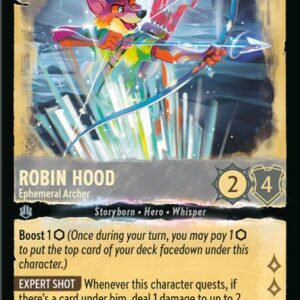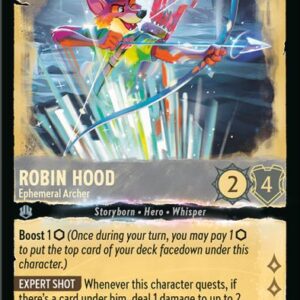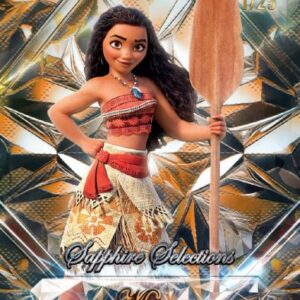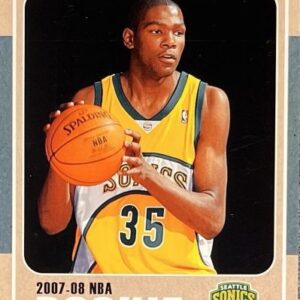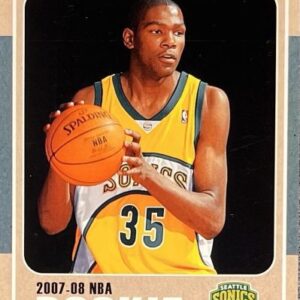Once the cheeky delight of playground pastimes, the iconic Wacky Packages have soared from simple sticker fun to serious collector’s treasure, as evidenced by a recent Heritage Auctions event that saw a box of these vintage delights fetch an eye-popping $79,300. For those unaware, Wacky Packages hails from the zany end of the collectible spectrum, first sticking their playful parody stickers onto the consciousness of young buyers way back in 1967.
These stickers were no mere adhesive adornments. Under the playful gaze of Art Spiegelman—a name now steeped in reverence thanks to his Pulitzer-winning work Maus—these cards swiftly etched themselves into the annals of collectible lore. They drew a hilarious bead on household brand names, twisting popular grocery aisles staples with a satirical flair only a true prankster collective could appreciate. With punch-out cards designed to be licked, sticked, and sported on binders, lockers, and lunch boxes alike, Wacky Packages became a playful mediator between youthful innocence and budding consumer culture critique.
But every great prank has its punchline. The growing popularity of these cards did not escape the eyes of the original brands being humorously trashed. Enter the lawyers. The likes of Ritz, the Jolly Green Giant, Morton Salt, and 7-Up, none too amused by their reimagined alternates, quickly sought to throw a legal wrench into Topps’ artistic gears. Unperturbed and perhaps even nudged by controversy’s sweet sting, Topps reshuffled their deck, expanding the collection from 44 parodies to a cozy 56. They even had the gumption to return with an updated “Wacky Ads” series in 1969 and eventually embraced a new generation of sticky scribes with peel-and-stick editions in 1973.
Years turned into decades with collectors finding joy in the sticky nostalgia that was as much about poking fun at brands as it was about celebrating a mischievous form of creativity. Although the series took a hiatus from 1992 until 2004, Wacky Packages made numerous comebacks, affirming their status as a cult favorite amongst nostalgics and devoted pop culture vultures alike.
Fast forward to this record-breaking auction, where the laughter that these cards once prompted translated to hefty cash—an appreciable commentary on just how far these collectible curiosities have come. The $79,300 price tag set a stellar new benchmark for Wacky Packages, leaping over the previous $63,084 record with exuberance akin to a victory lap run by a charismatic underdog. The winning bid didn’t just capture a box full of stickers, but a piece of cultural and collectible history, injecting the undeniable showmanship of the past into the palpable enthusiasm of today’s bidding hopefuls.
In many ways, the sale speaks to the broader resurgence of interest in non-sports collectibles, a discipline that often crouches in the shadows of sports cards, only to pirouette dramatically when collectors recall the value of fun itself. There’s a certain strata of collectors who thrive on nostalgia, infusing it with a zeal reminiscent of youthful abandon, but with the economic maturity—and, let’s admit it, financial flexibility—of adulthood.
The fevered bidding reflects a timeless truth: nostalgia’s magic lies not just in longing for the past but in revaluing it with present eyes; a subtle alchemy that turns ordinary stick-ons into history-making collectibles. It signals a buoyant market for this genre, reminding us all that genuine enthusiasm has its riches, especially when mingled with a shared cultural memory.
For novice collectors and old hands alike, this record-setting event could signify much more than a single auction’s outcome. It points toward a broader trend where the quirkier corners of collectible history find their champions, shedding light on the enduring charm of these whimsical tokens from our collective past.
The latest auction reminds us once again that when it comes to the world of collectibles, the allure of rarity combined with a dash of humor can be as enticing as any golden artifact. This pivot to recognizing the absurd brand parodies of our youth as icons of collectible culture is both a nostalgic nod and an exciting leap into the treasure vaults of our shared past with an eye on the future. Who knew that a tongue-in-cheek take on grocery staples could so command center stage—and such a pretty penny too?
